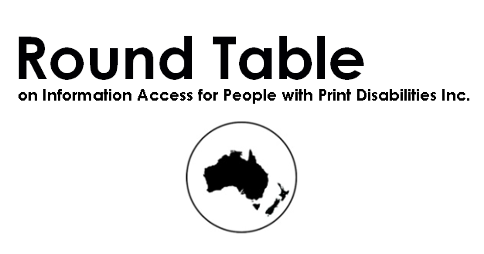Research & policy
Telstra announces accessibility initiatives
The company has launched a portal on Telstra.com that lets users search for features that may assist specific disabilities such as speech, vision, cognitive and dexterity impairment.
For vision, features include: screen reader, adjustable font-size, high contrast mode and voice output of caller ID.
For cognition, features include: simplify display, photo associated phone book, supports third party apps and supports gesture navigation.
Top of page
Human Rights Commission releases disability survey results
The online survey, which was conducted over two weeks, aimed to identify the most important human rights issues facing persons with disabilities, the priorities for improving their employment outcomes, and the most strategic ways to focus the resources of the AHRC on these issues. For each question, respondents were asked to pick three out of 10 to 16 options. A total of 541 respondents took part in the survey.
Top of page
How to improve media access: complain
Speaking at the National Disability Forum 2014, President of the Australian Human Rights Commission, Emeritus Professor Gillian Triggs, said the complaints process was one of the most effective ways to help the commission advocate on behalf of people with disabilities.
Top of page
Local Government: Practical accessibility steps
Speaking ahead of his presentation on web accessibility at the Disability Inclusion and Liveable Communities Forum in Sydney on 12 September, Media Access Australia accessibility expert Dr Scott Hollier said meeting accessibility compliance was easier than many councils thought.
Top of page
NZ Greens push for 100% captioning
Captioning (and audio description) in New Zealand is paid for by NZ On Air, a government broadcasting funding body, but there is no legislation that requires anything to be captioned, or any mechanism for captioning levels to automatically increase. Under the Greens policy, the Broadcasting Act and Telecommunication Act would be amended so that TV1 and TV2 move to 100% captioning by 2017, and TV3 by 2020. Targets for other broadcasters would be set on a case-by-case basis.
Top of page
Canadian committee releases live audio description guidelines
Audio description for television is still mostly confined to pre-recorded programs, with scripts carefully prepared so that the descriptions do not overlap dialogue or other important audio information on the soundtrack. The audio description of live events, which must be performed spontaneously as a program goes to air, presents much greater challenges.
Top of page
Unpublished
Unpublished
Unpublished


